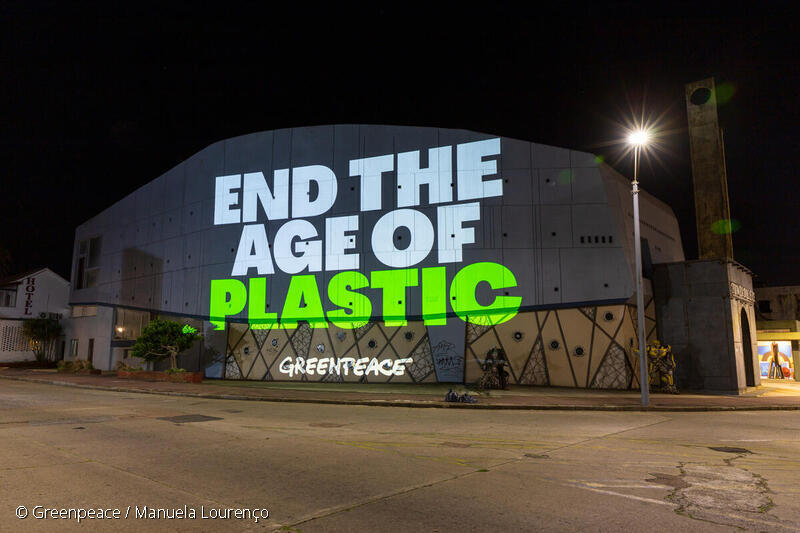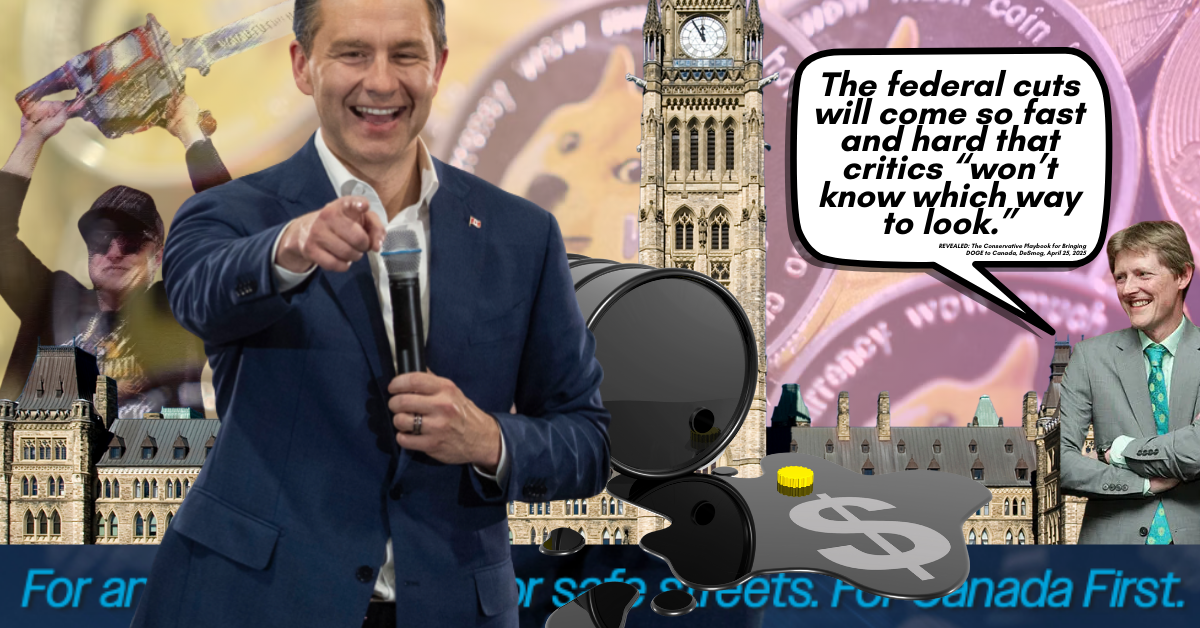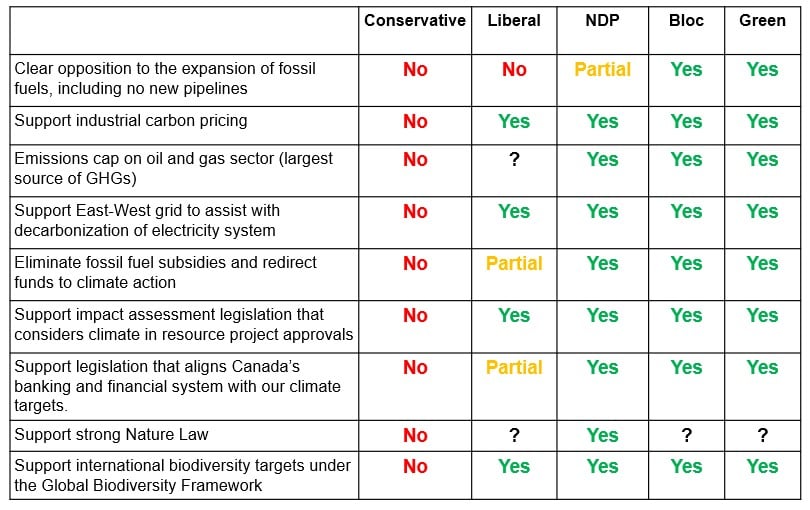
As the Climate COP wraps and the Nature COP approaches, negotiations to create a new Global Plastics Treaty at the UN are underway in Uruguay. ‘Tis the season for global governments to turn this ship around and heed mother nature’s cry for help. But despite strong words and flashy tweets, it’s still unclear what the Canadian government means when it talks about setting a high level of ambition for the plastics treaty. That’s why we want to help Minister Guilbeault and the federal government define what a truly ambitious, strong treaty means.
Treaty priorities
The Global Plastics Treaty must prioritize protecting biodiversity, the climate and human well-being. A treaty will only be impactful if it puts the needs of the most vulnerable communities before the industries that are responsible for creating this crisis, starting at the beginning of plastic’s life cycle – the extraction of fossil fuels. So what does this look like?
To be truly impactful, Greenpeace is calling on governments to ensure a treaty covers, at minimum, the following priority action areas:
1. Centre justice in treaty proceedings and outcomes
A rights-based approach must be taken, that centres Indigenous Peoples 20, and ensures affected workers and impacted communities are involved in the negotiation process and solutions. Governments must support a just transition to more sustainable livelihoods for workers across the plastics supply chain, prioritizing the informal waste sector and otherwise affected communities in low- and middle-income countries. Support, financial and through policy, must flow from countries with the most resources and infrastructure to those with less, and this includes ending the export of plastic “recycling” waste to what’s known as the Global South, ie. waste colonialism.
2. Reduce plastic production and use
It should come as no surprise that we can’t curb plastic pollution unless we curb plastic production. This starts with an immediate cap on plastic production to at least 2017 levels – the year the UN declared plastic pollution a global crisis – accompanied with a time table for rapid overall reduction. We need the treaty to move towards a goal of eliminating all single-use applications, and to drive the minimization of plastic in other applications and sectors like agriculture, fishing, and textiles. This should start immediately with a ban on known highly problematic polymers and chemicals.
3. Regulate and facilitate the shift to reuse at societal scales
The reuse revolution is happening and the zero waste movement is growing but without intentional support by global governments, the necessary transition away from linear systems won’t happen fast enough. Global governments need to set legally binding reuse and refill targets across sectors to level the playing field and ramp up investment in reuse over false solutions. By enshrining the zero waste hierarchy as a core principle of the treaty, it can help ensure the flow of money and policy initiatives drive reuse-refill buildout over downstream initiatives and false solutions like chemical/so-called advanced recycling, plastic credits or bio-plastics.
What’s Canada’s take on the Plastics Treaty?
Canada has joined over 40 countries in a High Ambition Coalition to end plastic pollution by 2040. While the coalition has set goals and key deliverables aimed at setting a good tone for treaty talks, it’s unclear how or if members will support the key priorities above at the negotiation table. Canada has not directed enough (*cough hardly any) attention on reduction and reuse in its national strategy, so will Minister Guilbeault impress upon the delegation the importance of raising the bar on the global stage? That’s what we need to see!
Let’s do this!
The Global Plastics Treaty could be exactly what we need to help world leaders rethink the broken linear, economic system that fails people and the planet over and over again.
No more images of whales with their stomachs full of plastic. No more studies revealing plastic in a new corner of human bodies. No more worries about plastic chemicals leaching into our food, or leaking into our waterways. No more overflowing blue bins.
Greenpeace, NGOs, scientists and other specialists are at the negotiating table pushing for an ambitious treaty that matches the scale of the problem – but it is only member countries who have the final say on what makes it in. And corporations and oil lobbyists will take every opportunity to derail talks and undermine progress (if they get their way, plastic production will double within the next 10-15 years, and triple by 2050. We will NOT let this happen).
Will you stand with us and make sure our message is louder than the lobbyists? Make sure Environment Minister Steven Guilbeault knows that we want a treaty that will stop plastic pollution once and for all. Sign the petition calling for a Strong Plastics Treaty to turn off the plastic tap!



